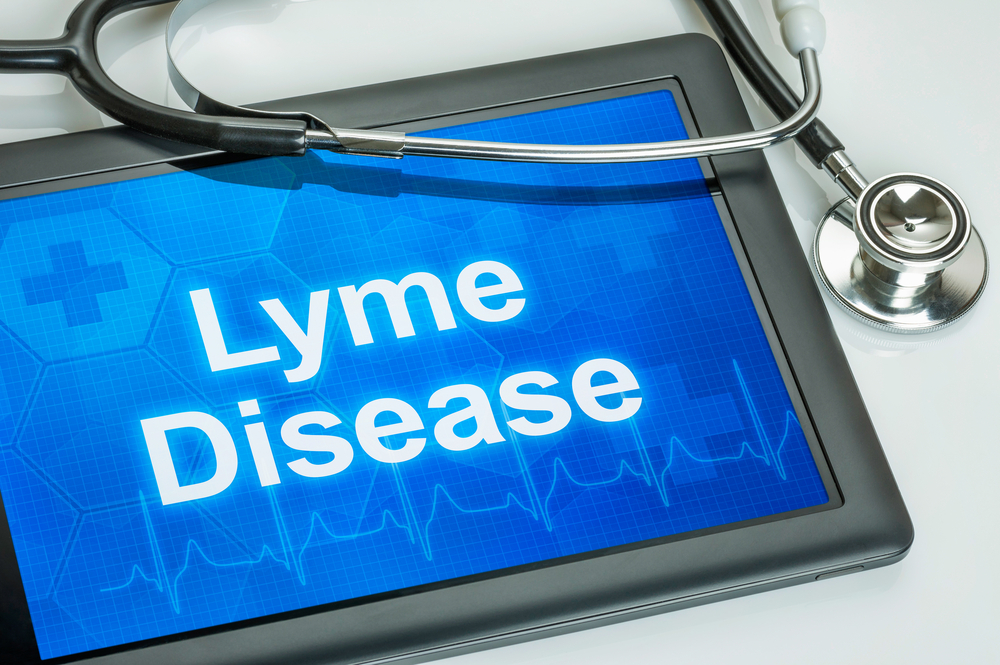Ivermectin is used to treat parasitic infections. Emerging research studies suggest that its role goes beyond this and includes viral infections, inflammatory conditions, and cancers. Let’s get a clearer view of FDA-approved Ivermectin for humans.
There are a few pharmaceutical agents that can claim the title of wonder medicine, such as penicillin and aspirin, which perhaps have the greatest beneficial impact on human health and well-being. However, Ivermectin can also be considered alongside those worthy contenders, based on its safety, versatility, and the benefits it has had and continues to have. Ivermectin was first discovered in the 1970s by Satoshi Omura and William C. Campbell. It is not only well-known for its use in clinical settings but also has a significant humanitarian impact, treating millions of people worldwide, particularly in rural areas.
Ivermectin for humans vs animals
Since its discovery, Ivermectin has revolutionised the antiparasitic treatment and control of several parasitic infections. The pharmaceutical agent was manufactured by the US-based pharmaceutical company Merck Sharp and Dohme for use in 1981. Following its successful use as a potential anthelmintic agent in animals, the medicine was identified by scientists for its powerful properties against a similar pathogen in humans, Onchocerca volvulus. Then, various clinical trials were conducted to test the antiparasitic effects of the drug in humans. These efforts led to the clinical approval of Ivermectin for human use; it received approval from the Food and Drug Administration (FDA) of the USA, highlighting its importance in the therapeutic field. The pharmaceutical agent was primarily used to treat Onchocerciasis, also known as river blindness and has evolved as a choice of medicine for a wide range of parasitic infections. It interferes with the nerve and muscle activity of worms by paralysing and killing them.
Ivermectin uses
What is Ivermectin used for? Ivermectin is a well-established medication used to treat infections caused by certain parasitic infections. It is effective in treating:
-
- A gut infection called intestinal strongyloidiasis. The infection is caused by a roundworm called Strongyloides stercoralis.
- River blindness or Onchocerciasis, a parasitic disease caused by the worm Onchocerca volvulus.
- Scabies is a parasitic skin infection caused by the Sarcoptes scabiei mite. One of the popular anti parasitic medicines for scabies is topical permethrin, which works by interfering with the sodium channel current across the neural membranes of the mites.
- An infection of the blood, called microfilaraemia, is caused by lymphatic filariasis. The infection is caused by a parasitic worm called Wuchereria bancrofti. Ivermectin is not effective against adult worms.
The drug will not stop you from getting infections. It should only be used when your healthcare provider identifies that you have a parasitic infection. Buy Ivermectin online for the treatment of parasitic infections only.

Ivermectin dosage
Always take the medicine as your doctor has told you. FDA-approved Ivermectin is taken orally.
Ivermectin dosage for humans: In general, treatment consists of a single dose. A patient must take the prescribed number of tablets all at once with water on an empty stomach. The patient should not eat anything within two hours before or after taking the oral medication. This is because the effect of food on how the body absorbs medicine is still unknown.
Possible Ivermectin side effects: Stop using the medicine and seek medical help if you develop reddish, non-elevated, target-like or circular patches on the trunk. Skin peeling, central blisters, ulcers of the mouth, throat, nose, genitals and eyes. A serious skin rash can occur with fever and flu-like symptoms. Other side effects include liver disease, blood in the urine, decreased consciousness or coma, changes in liver enzymes, and an increase in bilirubin in the blood.
Ivermectin: A versatile pharmaceutical agent
Oral Ivermectin is the only approved route of administration in humans. The safety and effectiveness of the medicine have been established in adults with a significantly low rate of side effects. Exceptions are everywhere. A well-documented risk in treating Onchocerciasis and loiasis is the death of microfilaria, which may give rise to severe encephalopathy (a disease that affects the brain). Despite these troublesome effects, there is evidence of its safety in young children. However, there is still a lack of support regarding its safety in pregnant women, so its use is not advised during pregnancy. Apart from its use in numerous infections in humans, including loiasis, filariasis, strongyloidiasis, gnathostomiasis, cutaneous larva migrans, trichuriasis, Demodex, pediculosis, and scabies (Sarcoptes scabiei), the drug is currently being studied for its use in treating mosquito-borne parasitic infections and as a complementary strategy for reducing the infection through mass drug use. Although the antiparasitic effects of the medicine are well known, the anti-inflammatory properties have recently been uncovered.
Upcoming research studies shed light on the potential use of Ivermectin as a promising treatment option for cancer patients. Several research studies have recognised its antiviral activity against a wide range of viruses, leading to its use in treating SARS-CoV-2 during the global pandemic.
Ivermectin: Things to avoid
The pharmaceutical industry is constantly evolving, and everyone needs to continually update their understanding of the pharmacology of medicines and their potential usage. Ivermectin, which was primarily used as an anthelmintic agent, has been found to have a range of effects beyond its use against parasites. Avoid using human Ivermectin tablets for purposes other than treating parasitic infections. The pharmaceutical agent hasn’t received FDA approval yet for treating viral infections or cancer.
Conclusion
Ivermectin is considered a multifaceted therapeutic agent with potential beyond its established role as an antiparasitic drug. Although its well-known antiparasitic effects in humans and animals remain important, its therapeutic role extends beyond. The anti-inflammatory properties are promising for managing conditions that cause inflammation. Moreover, promising antiviral activity against viruses such as COVID-19 and adenoviruses has been demonstrated, although further research is needed for clinical validation. Its anticancer properties are also emerging, believed to induce changes in various cancer lines. These findings are encouraging, but due to the multifaceted nature of Ivermectin, extensive research is needed to translate these findings into clinical observations for therapeutic benefits in humans.




